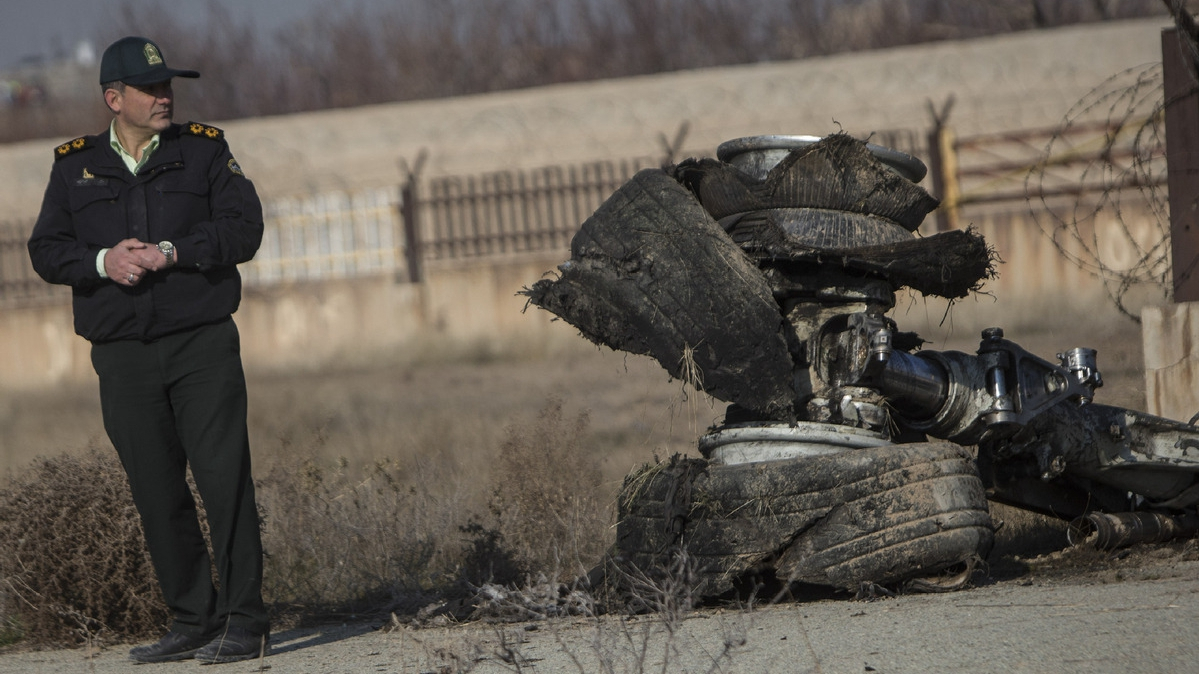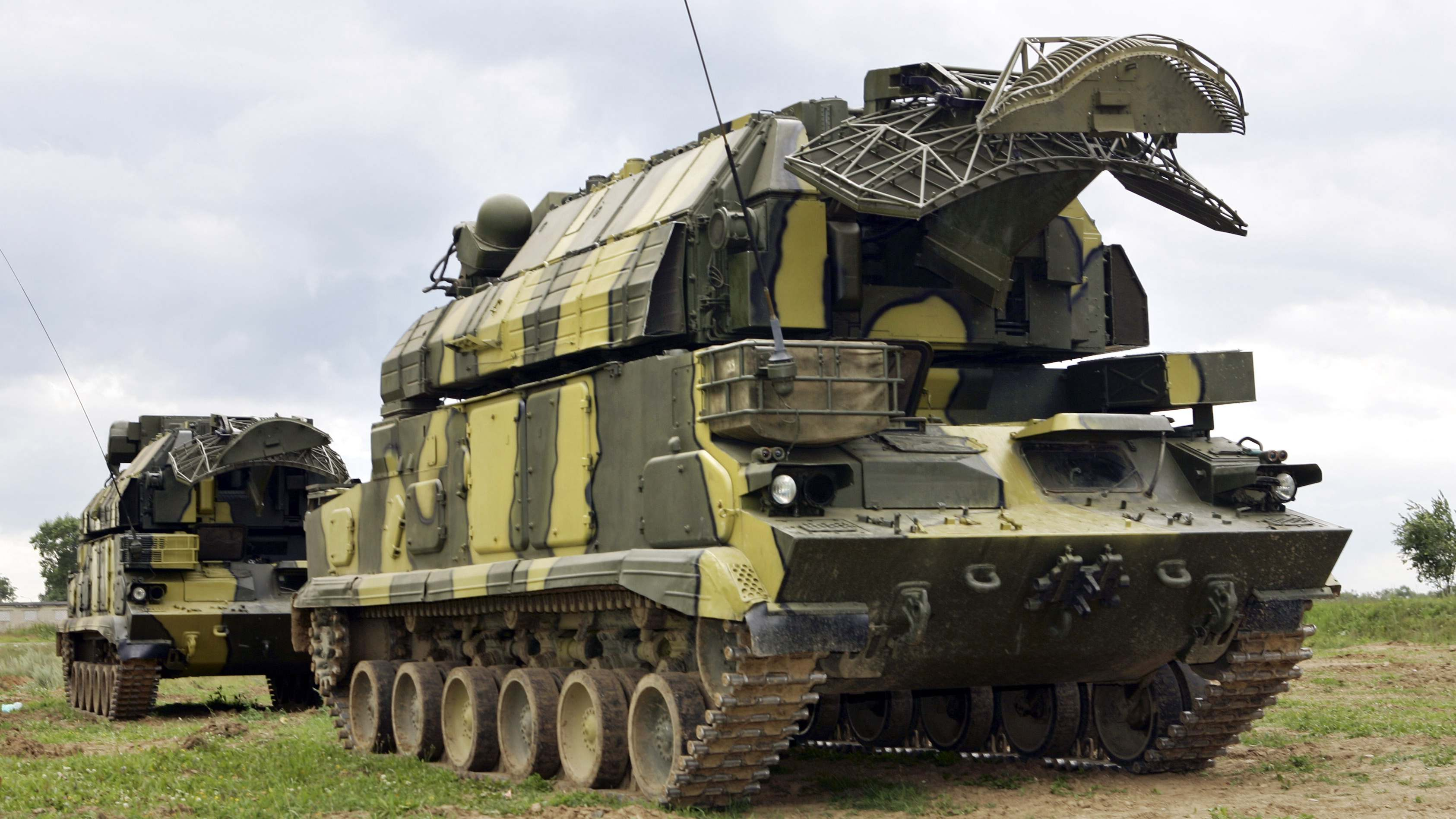
A rescue worker stands beside the debris of the Ukraine plane that crashed after takeoff from Iran's Imam Khomeini airport, on the outskirts of Tehran, Iran, January 8, 2020. /Xinhua Photo
A rescue worker stands beside the debris of the Ukraine plane that crashed after takeoff from Iran's Imam Khomeini airport, on the outskirts of Tehran, Iran, January 8, 2020. /Xinhua Photo
Iran's civil aviation authority confirmed two missiles were fired at a Ukrainian airliner that was brought down earlier this month, in a preliminary report posted on its website late Monday.
"Investigators... discovered that two Tor-M1 missiles... were fired at the aircraft," it said, adding an investigation was ongoing to assess the bearing their impact had on the accident.
"Two Tor-M1 missiles were launched from the northern side at this plane," Iranian state IRIB TV reported Tuesday, citing the latest report by Iran's Civil Aviation Organization, adding that "the way how the missiles caused the incident and the analysis of this measure is under study."

Russian Tor-M1 missile system launcher vehicles are seen during military exercises somewhere in undisclosed location in Russia, in this July 28, 2005 file picture. /AP Photo
Russian Tor-M1 missile system launcher vehicles are seen during military exercises somewhere in undisclosed location in Russia, in this July 28, 2005 file picture. /AP Photo
The Tor-M1 is a short-range surface-to-air missile developed by the former Soviet Union that are designed to target aircraft or cruise missiles.
The Kiev-bound Ukraine International Airlines plane, Boeing 737-800, crashed near Tehran's Imam Khomeini International Airport shortly after takeoff on January 8, killing all 176 people on board.
Three days later, Iran's armed forces confirmed that the airliner was shot down "unintentionally" by the military, as the plane "was mistaken for a hostile target" near an Iranian "sensitive military site of the Islamic Revolution Guards Corps (IRGC)."
The Revolutionary Guards' aerospace commander Brigadier General Amirali Hajizadeh accepted full responsibility, but said the missile operator who opened fire had been acting independently.
The incident occurred amid heightened tensions between Iran and the United States. Hours before the crash, Iran launched missile attacks on two Iraqi bases hosting U.S. troops, in retaliation for the U.S. killing of Qasem Soleimani, commander of the Quds Force of the IRGC.
(With input from AFP, Xinhua)